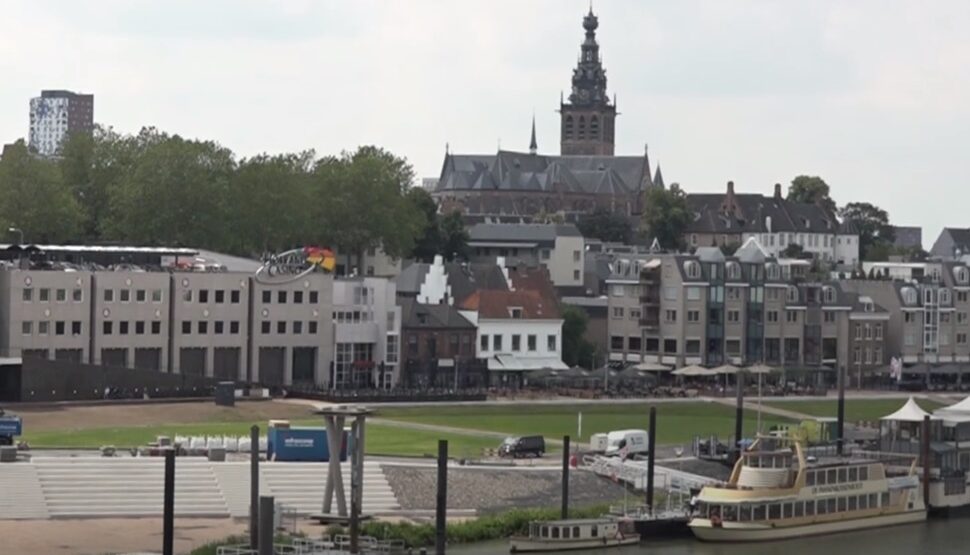For years, taxi drivers in the municipality have received fines for driving on roads they assumed they were not allowed to travel on.
It now appears that these assumptions, reinforced by miscommunication with the municipality, were unjustified. This specifically concerns the Waalkade and part of the Griftdijk, which is considered closed during peak hours. It recently came to light that taxi drivers did indeed have the right to use these routes, which is a surprising twist in the long-standing relationship between the taxi industry and municipal traffic regulation.
The issue came to the fore after the municipality entered into a meeting on Monday statement to the Gelderlander confirmed that taxi drivers are allowed to drive on both the Waalkade and the Griftdijk. This statement came as a shock to many taxi drivers who have paid fines for driving in these locations in previous years. The source of this confusion appears to lie in the technical defects of traffic enforcement systems. According to the council, problems with cameras reading license plates, exacerbated by certain weather conditions, meant the system could not accurately determine whether a vehicle was a taxi. This raises questions about the fairness of the fines, as logic dictates that if a license plate is not recognized, the issuing of a fine is in doubt.
According to the Exemptions Policy Rules of the Municipality of Nijmegen, an applicant for such an exemption must be in possession of a taxi permit issued by the Ministry of Infrastructure and the Environment. This highlights the formal requirements placed on taxi services, further complicating the issue of fines. The rules of conduct and conditions, set out in Article 2, paragraph 6, of the policy rules, are crucial when granting these exemptions.

This incident has led to frustration among taxi drivers who believe they have been unfairly punished and are now demanding compensation for the years they have paid fines under false pretenses. In the municipal document “Policy Rules Waivers” states that drivers can indeed receive an exemption for driving on the Waalkade, and under certain conditions also for the Griftdijk. This document sheds light on the fact that there may have been a long-standing process for taxi drivers to legally use these roads, raising the question of why this information has not been effectively communicated to the drivers concerned sooner.
The situation highlights a broader problem within traffic enforcement and municipal communications. It emphasizes the need for clear guidelines and a transparent dialogue between the municipality and professional drivers to prevent future misunderstandings. Furthermore, it illustrates the impact of technological limitations on the enforcement of traffic laws and how they can lead to unjustified punishments.




